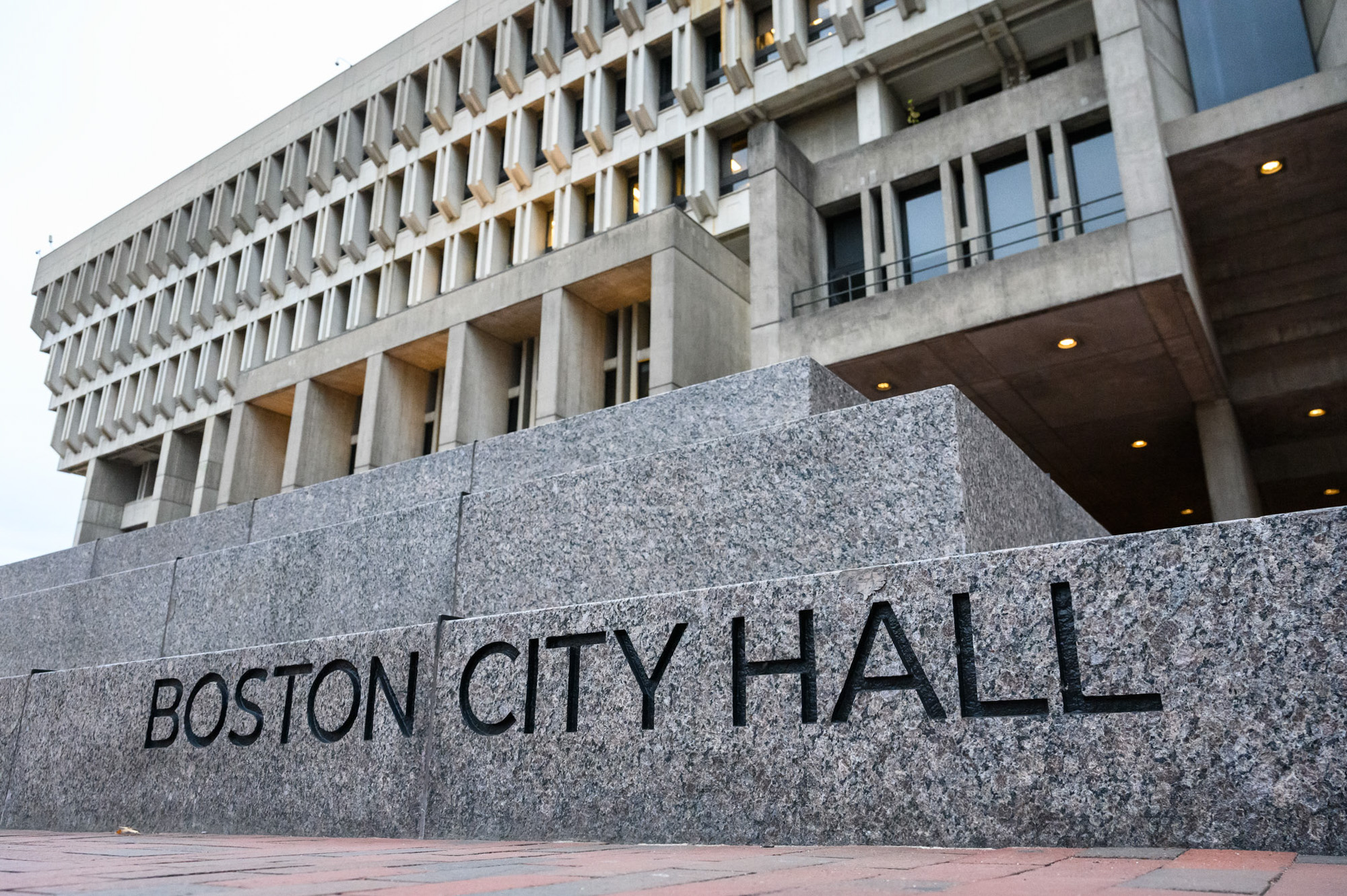The Boston City Council discussed auditing the 2014 Boston Trust Act and proposed higher wage increases for the lowest-paid city workers during this week’s meeting.

The Boston Trust Act, passed in 2014 and later amended in 2019, allows the Boston Police Department to collaborate with US Immigration and Customs Enforcement to deal with issues like human trafficking and drug smuggling. The act also advises BPD to refrain from cooperating with ICE for minor civil immigration enforcement issues
Docket 0414 proposed a hearing be held to audit the implementation of this act. Council Member Julia Mejia emphasized the country’s recent political landscape when encouraging an audit of this bill.
“The safety of our immigrant communities is being threatened by a new wave of federal policies and hateful rhetoric in our city, despite being the safest, majority city in the country, is being targeted for our commitment to ensuring that all people feel safe and welcomed,” Meija said.
In light of recent ICE deployments in major American cities, Mieja said this audit would ease immigrants’ fear of deportation that keeps them from leaving their homes.
“As members of city government, we serve as the last line of defense for our immigrant constituents and against federal government, which views their existence as criminal,” Meija said. “Immigrants are our friends, family, neighbors and colleagues. They are us.”
The docket was referred to the Committee for Public Safety and Criminal Justice for further deliberation.
Additionally, the council deliberated proposed affordable housing for the lowest-paid city workers in Boston.
Councilmember Mejia was the first Councilmember to speak, stating some city workers cannot afford to live in Boston anymore.
According to Mejia, average rent in Boston has risen to $3,393 per month, which is 118% over the national average.
“It’s making it more and more difficult for workers to remain here in Boston, many employees are forced into subsidized or substandard housing, long commutes or even leaving their jobs altogether,” said Meija. “If we want to retain a strong, dedicated and stable workforce, we must take bold action to ensure that municipal employees, particularly workers earning the lowest wages, have access to housing they can afford.”
Alongside providing more affordable housing, Councilmembers Weber and Flynn emphasized the importance of raising wages for these workers so they’re able to live comfortably in Boston.
“It’s almost impossible for them, making $30,000 a year, making $40,000 a year to try to get an apartment or even buy a home,” said Flynn. “They can’t make it here in Boston on their salary.”
Flynn also said the 2% wage increase for the lowest-paid city workers through union contracts is not enough of a raise for them to live comfortably.
“A 2% raise for city employees is not enough,” he said. “Factoring inflation, it’s almost a paid decrease.”
Councilmember Liz Breadon introduced the idea of building mixed-income housing across the city to meet the needs of Boston’s middle-class residents.
“We need to build more housing, but we also really need to be able to build more mixed-income housing,“ said Breadon.





















































































































